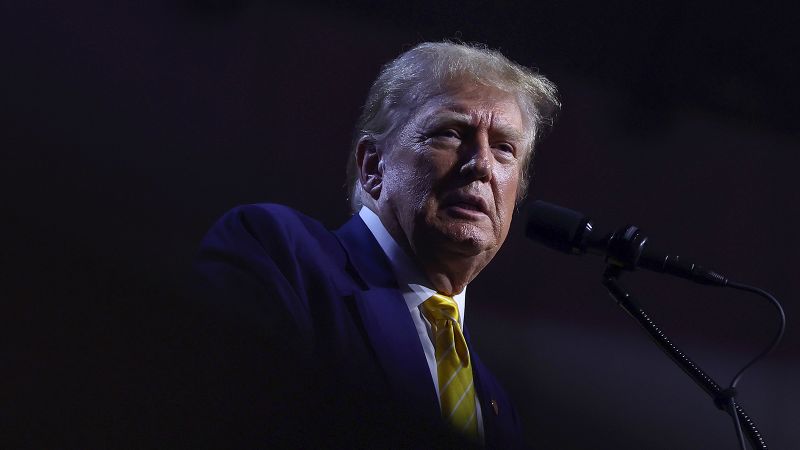Former President Donald Trump accused Taiwan of stealing America’s share of the computer chip industry worth $500 billion. However, experts say Taiwan built its semiconductor industry through hard work and strategic investment, led by Morris Chang, the founder of Taiwan Semiconductor Manufacturing (TSMC). Chang’s innovative business model of a “pure-play foundry” focused solely on manufacturing chips according to client designs instead of in-house design and manufacturing capabilities, revolutionized the industry and made Taiwan a global leader, producing over 90% of advanced chips worldwide.
TSMC’s success lies in its focus on manufacturing, scale, and efficiency, driving down costs and improving chip production technologies. The company holds the most advanced chip production technologies globally and continues to invest in research and development. Taiwan’s contract manufacturing model, coupled with top-tier engineers, lower labor costs, and a comprehensive tech ecosystem, contributes to its chip manufacturing prowess. Despite competitors like Intel and Samsung emulating TSMC’s success, Taiwan remains confident in keeping research and development within its borders for the benefit of enterprises.
Trump’s suggestion that Taiwan should pay the US for defense has raised concerns within the island, with some viewing it as a demand for a “protection fee.” The potential impact of a Trump presidency on US-Taiwan relations, especially amid tensions in the Taiwan Strait and China’s growing threat, remains uncertain. Pressure on TSMC to expand beyond Taiwan has intensified due to geopolitical risks, and Biden’s CHIPS and Science Act aims to strengthen domestic chip production and reduce reliance on Taiwan and South Korea for advanced chips.
The importance of finding mutually beneficial ways for chip firms to work together is crucial, particularly for TSMC, which is expanding into the US but facing challenges due to cultural differences. Building factories in Arizona requires adapting to different labor laws and work cultures, highlighting the need for TSMC to become a truly global company by aligning its manufacturing systems with local cultures. Despite the uncertainties of geopolitical tensions and shifting global dynamics, collaboration and strategic partnerships will be essential for the semiconductor industry’s continued growth and success.


